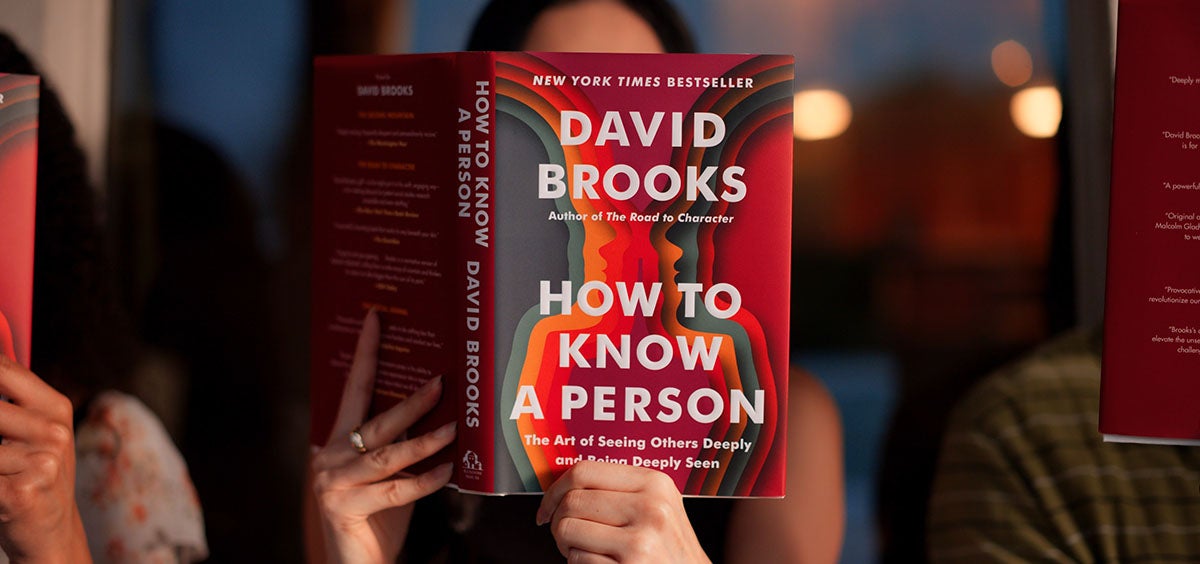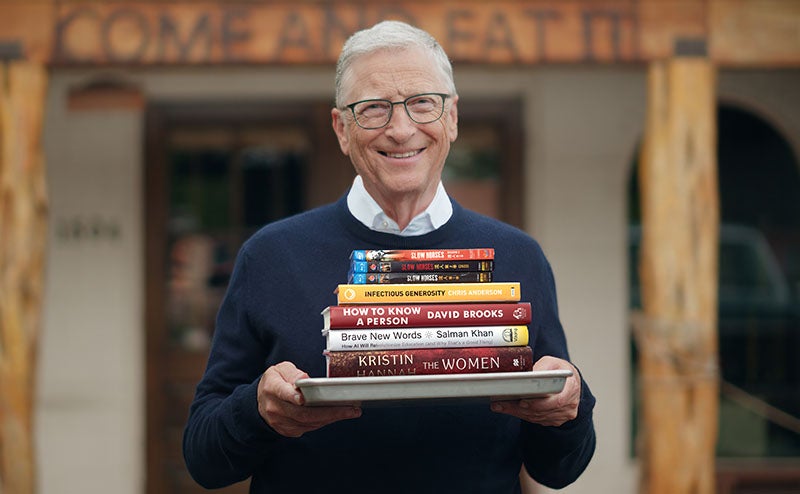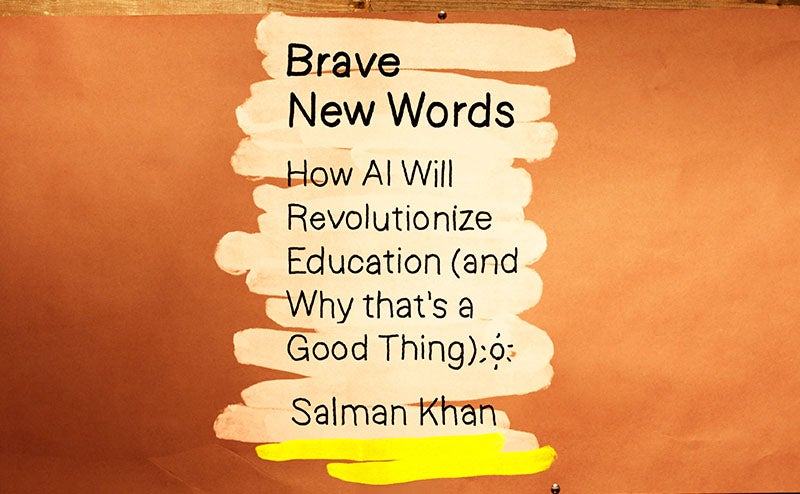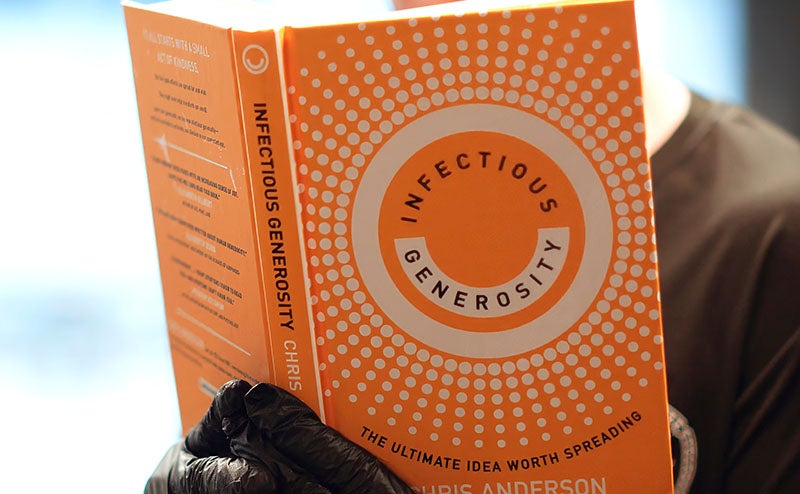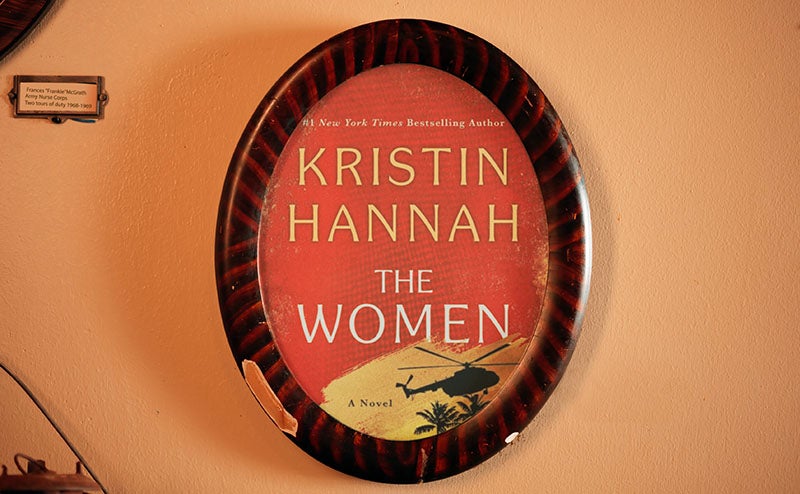Tuberculosis has haunted humanity for millennia—it’s even been found in Egyptian mummies.
When I was younger, I would have been perfectly happy spending hours alone in my room reading, learning about my latest obsession, and letting my mind wander. But my mom was intentional about creating opportunities for me to engage and socialize—encouraging me to interact with all the guests who visited our house and making me serve as a greeter at my dad’s work events. She believed that connecting with others was a skill that had to be cultivated, even (or perhaps especially) for an introverted kid like me.
I’ve been thinking about that a lot lately after reading David Brooks's newest book, How to Know a Person: The Art of Seeing Others Deeply and Being Deeply Seen. It was recommended to me by my friend Bernie Noe, and I was eager to dive in because I know David and enjoyed his previous book, The Road to Character. (Also: Whenever Bernie recommends a book to me, I read it.) The key premise is one I haven't found in any other book: that conversational and social skills aren't just innate traits—they can be learned and improved upon.
As someone who has always been more comfortable making software than small talk, I found this idea both refreshing and informative. As a result, even though some of its advice may seem fairly rudimentary, the book is now my favorite of anything David has written.
While reading How to Know a Person, I took a ton of notes and reflected on my own communication style. In Chapter 6, "Good Talks," David dives into what makes a conversation meaningful. It really got me thinking about when I am fully present and engaged in a conversation, and when am I just trying to preserve my energy or avoid being interrupted. I had to laugh at myself a bit, because I know I've been guilty of talking about topics I find fascinating, like the history of fertilizer, without always checking to see if the other person is interested.
One powerful takeaway from the book is the importance of active listening—or, as David calls it, loud listening. “When another person is talking,” he writes, “you want to be listening so actively that you’re practically burning calories.” I’m pretty good at that kind of listening when I’m super interested in a topic, especially when I’m learning something new. But the book made clear how transformative it can be to bring that same enthusiasm when listening to someone talk about a hardship they’re dealing with or an accomplishment they’re proud of.
Fortunately, the book is full of practical advice for doing that. David emphasizes something I’ve found really helpful in my own life: asking open-ended questions—with phrases like "How did you…," "What's it like…," "Tell me about…," and "In what ways…"—that invite people to share their experiences and perspectives in a more in-depth way. David also recommends using the "looping" technique, where you paraphrase what someone has just said to ensure you've understood them correctly. And he endorses what experts call the SLANT method to convey attention and interest in a conversation: Sit up, Lean forward, Ask questions, Nod, and Track the speaker.
What I found especially compelling about the book is how it shows that these skills are relevant across all kinds of relationships and interactions. Whether you're catching up with a close friend, chatting with a coworker, or just exchanging pleasantries with someone while waiting in line for a cheeseburger, being fully present and attuned can transform the encounter. These simple practices can go a long way in making others feel heard and valued.
The more I read, the more I realized how much the book's insights connect to the broader challenges we face in today's world. Back in 1995, when I wrote The Road Ahead, I predicted that technology would make it easier for us to stay connected with our hometowns and share our lives with others. And in many ways, it has. But David argues in Chapter 8, "The Epidemic of Blindness," that technology has also contributed to a growing sense of loneliness and disconnection. We may be more connected than ever, but are we truly seeing and understanding each other?
This question becomes even more urgent when considering the social and political divisions David highlights. The statistics he cites about the rise in depression, suicide, and distrust are alarming, and he makes the case that this social unraveling is fueling our political divides. His discussion about how politics can become a substitute for genuine connection—leading people to get their satisfaction from yelling at those they disagree with instead of trying to understand them—highlights a trend that worries me a great deal.
In the book, David connects these social ills to changes in our education system. He argues that schools have shifted away from teaching what he calls “moral and social skills,” and that this has left us ill-equipped to build strong relationships and communities. It’s an interesting and timely argument for sure, but I wished it were further built out. I’d be interested in reading more about how David defines this type of teaching, how he measures the changes, and how he thinks education can help reverse some of these troubling social trends. In fact, I think there’s another book waiting to be written here.
For the most part, though, what makes David's book so compelling is that it challenges us to put its insights into practice. It's about being intentional in our interactions, whether that means asking more thoughtful questions, fully listening to the answers, or expressing genuine appreciation. It's about approaching conversations with generosity and curiosity, looking for ways to connect and understand. And it's about realizing that even small things—like asking the right question at the right time or giving a nice compliment—can make a big difference in building relationships. I’m certain that what I learned from the book will stay with me for a long time.
Overall, I can’t recommend How to Know a Person highly enough. More than a guide to better conversations, it’s a blueprint for a more connected and humane way of living. It's a must-read for anyone looking to deepen their relationships and broaden their perspectives—and I believe it has the power to make us better friends, colleagues, and citizens.
